The Power of Regret
How Looking Backward Moves Us
What's it about?
In The Power of Regret, Daniel H. Pink explores the concept of regret and its influence on decision-making and personal growth. Drawing on scientific research and real-life examples, Pink delves into how regret can motivate individuals to make better choices and learn from past mistakes. He provides insightful strategies for harnessing the power of regret to lead a more fulfilling and purposeful life. This thought-provoking book offers valuable insights into the role of regret in shaping our behavior and offers practical advice on how to use it constructively.
About the Author
Daniel H. Pink is an American author known for his books on business, work, and behavioral science. He has authored several bestsellers, including "Drive: The Surprising Truth About What Motivates Us" and "A Whole New Mind: Why Right-Brainers Will Rule the Future." Pink's books explore topics such as motivation, creativity, and the changing nature of work in the 21st century. He combines research from various fields to provide practical insights and strategies for individuals and organizations to thrive in today's rapidly evolving world. Pink's work has been influential in shaping the way people think about motivation, leadership, and personal development.
14 Key Ideas of The Power of Regret
- The Nonsense of No Regrets
- Why Regret Makes Us Human
- At Leasts and If Onlys
- Why Regret Makes Us Better
- Regret on the Surface
- The Four Core Regrets
- Foundation Regrets
- Boldness Regrets
- Moral Regrets
- Connection Regrets
- Opportunity and Obligation
- Undoing and At Leasting
- Disclosure, Compassion, and Distance
- Anticipating Regret
In a culture that often promotes the idea of living with "no regrets," it's refreshing to delve into why this mindset might not be as beneficial as it seems. Far from being an emotion to avoid, regret is actually a fundamental aspect of our humanity. It serves as a compass for learning and growth, guiding us through the complexities of life's decisions.
Why Regret Matters
Regret Is Inherent: First and foremost, feeling regret is completely natural. Every person experiences regret at some point because it's part of our emotional toolkit—a built-in mechanism that helps us navigate our choices and their outcomes.
Value of Regret: Rather than shunning feelings of remorse or what-ifs, we should recognize them as valuable lessons in disguise. They are reflections on past actions that didn't align with our values or goals, providing clarity on how we can improve moving forward.
The notion that one should live without any regrets has been romanticized by songs like Edith Piaf's "Non, Je Ne Regrette Rien" and symbolized by bold statements such as "no regrets" tattoos. However, these representations overlook the depth and utility inherent in reflective sorrow.
Challenging the No-Regrets Philosophy
Imagine navigating life's journey without ever looking back at your missteps. The no-regrets philosophy overlooks the profound teaching power of regret in personal development. Ask yourself: Can we truly learn from our mistakes without the sting of remorse?
Furthermore, over seventy years of scientific research back the role of regret in refining decision-making. When we reflect on past errors with a touch of regret, it illuminates the path forward, allowing us to make wiser choices when faced with similar situations in the future.
Reframing Negative Emotions
Negative emotions like regret don't have to be seen solely in a negative light; they can also signal opportunities for positive change and self-improvement when approached constructively.
Tactics
- Embrace Regret as Normalcy: Acceptance is key here; understanding that experiencing regret isn't indicative of failure but rather part-and-parcel with human experience.
- Learn From Past Decisions: Use your own history not just as memories but also teaching moments—what worked well? What would you do differently?
- Challenge Prevailing Beliefs: Don’t take societal norms at face value; instead critically evaluate whether they truly serve your wellbeing or hinder genuine introspection.
- Utilize Scientific Insights: Draw upon decades-long studies showing how emotions play pivotal roles in shaping behaviors—it’s science-backed wisdom waiting to be applied.
- Reframe Negative Emotions Positively: Transform what may initially feel like setbacks into stepping stones towards greater self-awareness and maturity.
In conclusion, while society often tells us otherwise—the truth remains: there’s profound strength found within acknowledging and learning from our regrets.
Key Examples/Data
- Piaf's Song "Non, Je Ne Regrette Rien. Charles Dumont, a composer, played his music and sang the lyrics written by Michel Vaucaire to Edith Piaf, who initially refused to see them. However, after hearing the song "Non, Je Ne Regrette Rien" multiple times, she sang it on French television and it became a massive hit, elevating her status from chanteuse to icon.
- The Tattooed Tribe. Four people living on three continents, Amber Chase, Mirella Battista, Germanno Teles, and Bruno Santos, each got tattoos with the same two words: "no regrets." Despite their diverse backgrounds and reasons for getting the tattoos, they all share this common theme.
- Piaf's Life and Regrets. Despite Edith Piaf's claim that she had no regrets, her life was filled with tragedies and troubles, including abandoning her child, addiction to alcohol and morphine, and turbulent romantic relationships. This example challenges the notion that she truly had no regrets.
- Amber Chase's Tattoo. Amber Chase, after a tumultuous first marriage, got a tattoo that intentionally misspelled "No Regrets" as "No Ragrets," a nod to a movie. This example highlights the complexity and irony of embracing the "no regrets" philosophy.
- Regret as an Essential Emotion. The passage discusses how regret is an essential and universal emotion, challenging the prevailing belief that regret is a hindrance to happiness. It emphasizes the value of regret in shaping decisions and personal growth.
Quotes
- "Regret perturbs both. It is backward-looking and unpleasant—a toxin in the bloodstream of happiness."
- "Regret is not dangerous or abnormal, a deviation from the steady path to happiness. It is healthy and universal, an integral part of being human."
- "Regret makes us human."
- "Regret makes us better."
- "Positive emotions are essential, of course. We'd be lost without them. It's important to look on the bright side, to think cheerful thoughts, to detect light in darkness."
- "But too little is also destructive."
The Power of Regret Summary: Common Questions
The Power of Regret by Daniel Pink is a testament to the human experience, revealing that our backward glances and "what ifs" are not just moments of sorrow, but powerful catalysts for change and growth. Instead of urging readers to dismiss or overcome regret, Pink champions its transformative potential, suggesting that our biggest setbacks might just be our most profound stepping stones.
Pink's exploration delves deep into the human psyche, blending personal anecdotes with rigorous research, all presented with his trademark eloquence. He proposes that regret, often perceived as a negative emotion, can be harnessed for positive change, personal growth, and future decision-making. While the premise is undeniably captivating, there are moments where the narrative tends to lean heavily on anecdotal evidence. Yet, this personal touch might resonate with readers seeking relatable stories to anchor the book's central thesis.
In the landscape of self-improvement and psychology literature, 'The Power of Regret' stands out as a unique perspective on a universal emotion. After immersing myself in its pages, I'm inclined to award it a 4.7 out of 5. Pink's insights challenge us to reframe our regrets and use them as a compass for a more intentional future.
Experience Personalized Book Summaries, Today!
Discover a new way to gain knowledge, and save time.
Sign up for our 7-day trial now.
No Credit Card Needed

Similar Books

Comprehensive Casebook of Cognitive Therapy
Frank M. Dattilio
The Piano Teacher
Elfriede Jelinek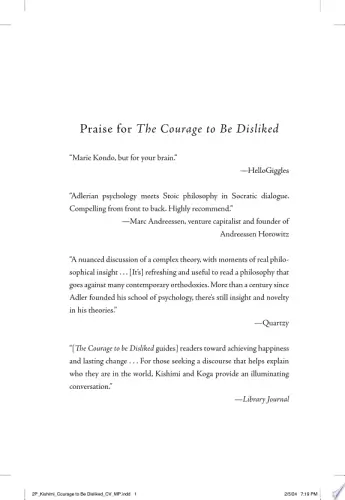
The Courage To Be Disliked
Ichiro Kishimi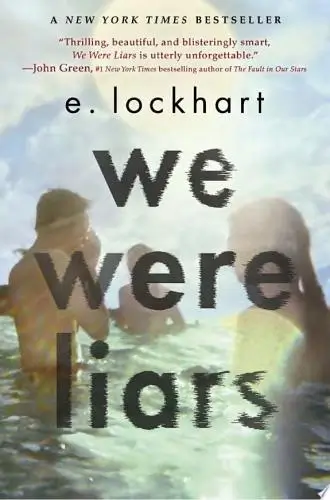
We Were Liars
E. Lockhart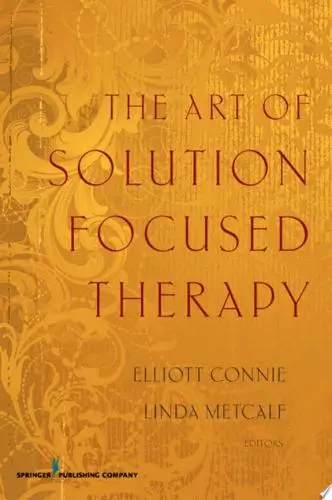
The Art of Solution Focused Therapy
Elliott Connie, MA, LPC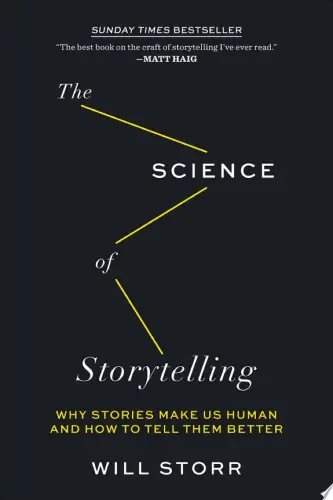
The Science of Storytelling
Will Storr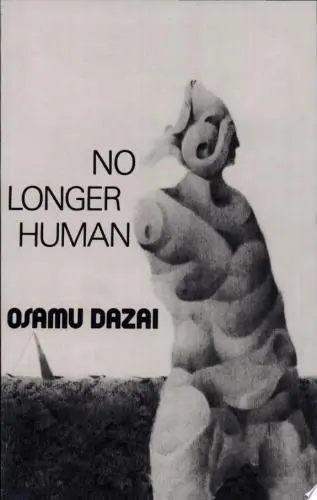
No Longer Human
太宰治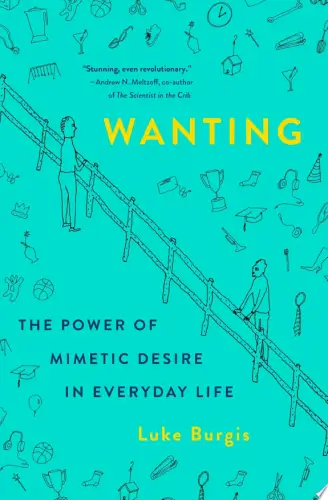
Wanting
Luke Burgis
Mrs Dalloway
Virginia Woolf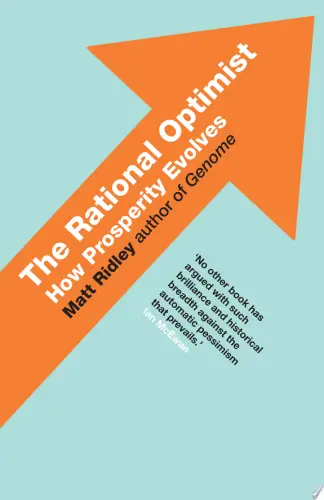
The Rational Optimist
Matt RidleyTrending Summaries

Peak
Anders Ericsson
Never Split the Difference
Chris Voss
Smart Brevity
Jim VandeHei
The Psychology of Money
Morgan Housel
The First 90 Days
Michael D. Watkins
Atomic Habits
James Clear
Thinking, Fast and Slow
Daniel Kahneman
The Body Keeps the Score
Bessel van der Kolk M.D.
The Power of Regret
Daniel H. Pink
The Compound Effect
Darren HardyNew Books

Comprehensive Casebook of Cognitive Therapy
Frank M. Dattilio
The White Night of St. Petersburg
Michel (Prince of Greece)
Demystifying Climate Models
Andrew Gettelman
The Hobbit
J.R.R. Tolkien
The Decision Book
Mikael Krogerus
The Decision Book: 50 Models for Strategic Thinking
Mikael Krogerus
Fichte
Johann Gottlieb Fichte
Do No Harm
Henry Marsh
This is Going to Hurt
Adam Kay
